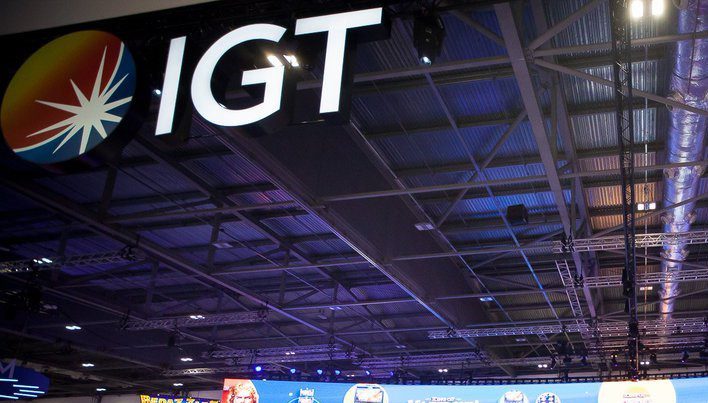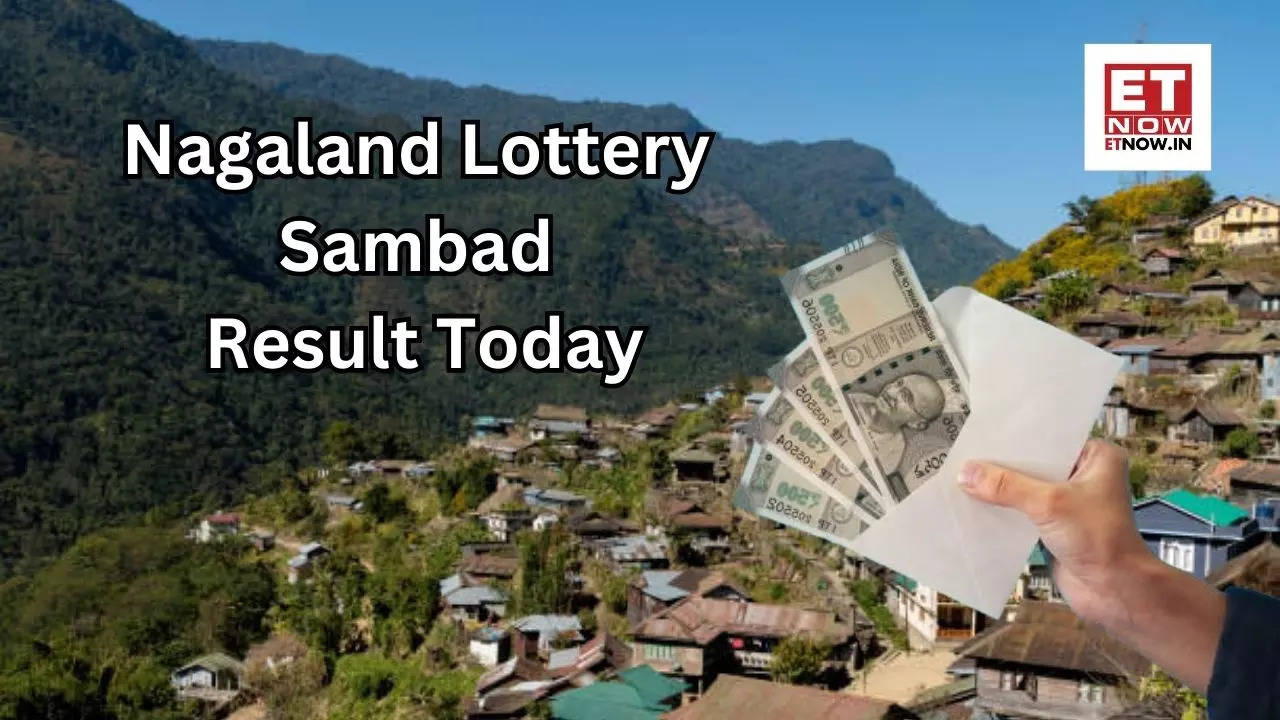Gambling
IGT talks up ilottery potential after Apollo-Everi deal

As it prepares for life as a lottery-only business, International Game Technology (IGT) CEO Vincent Sadusky believes the prospect of ilottery adoption, particularly in the US, means there will be “significant tailwinds” for the supplier.
A planned merger of IGT’s gaming and digital businesses with Everi was superseded by Apollo Global Management swooping in with a $6.3bn deal to acquire both businesses and take them private. Sadusky will lead the lottery business, which will remain a listed entity under a new name.
IGT is a leading lottery supplier, Sadusky said, in a vertical underpinned by “infrastructure-like” characteristics such as recurring revenue streams supported by long-term contracts and longstanding customer relationships.
“It’s relatively unique to find a business that offers such good visibility into the future,” he said.
“Lottery is a large, consistently growing and resilient industry with recession-proof characteristics,” Sadusky continued. “It also has significant tailwinds from potential ilottery adoption, especially in the US.
“This ultimately establishes a financial profile characterized by strong profit margins, significant free cash flow generation, a solid balance sheet with substantial liquidity and focused capital allocation. This puts us in a good position to extend and secure our contract portfolio over the coming years.”
During the second quarter, the company signed a number of long-term contracts. IGT agreed a seven-year facilities management contract with Colorado Lottery, a three-year contract extension with the Mississippi Lottery Corporation and an instant ticket deal with Spain’s ONCE.
Do sports betting struggles aid IGT’s ilottery opportunity?
Sadusky believes more US states could look to legalise online lottery as their post-Covid budget surpluses run out. Sports betting, previously seen as a new driver of tax revenue, had “done fine” but states needed to find new funding, he said.
“In some places, [sports betting] hasn’t done great in terms of meeting state revenue projections. States are certainly struggling now to fill budget gaps. So, we’re hopeful that that accelerates legislation being brought to the various legislators to be able to pass online lottery in those states.”
At present, IGT has 12 platform customers live with online lottery. In Q2 it went live in Connecticut and also signed a five-year contract with the Atlantic Lottery Corporation.
“I think one of the most interesting things that the team’s been able to accomplish is in states where we don’t have the online lottery platform, we’ve been able to add content customers, and our content is doing very well,” Sadusky said. “We’ve got the opportunity to participate.
“We’re getting better at this, especially with diversity of customer needs and requirements, both internationally and in the US. Our focus is to continue to grow this business, continue to make great content, to continue to answer RFPs, many of those are international, and improve our products so that as the states do open up, we’re considered a premier player.”
How did IGT perform in Q2?
Revenue at IGT in Q2 amounted to $1.05bn (£822.4m/€961.2m), down just 0.6% from the previous year. This came amid mixed results across its core businesses, with Global Lottery revenue down but Gaming & Digital revenue climbing.
Starting with Global Lottery, revenue declined 1.8% to $613m. IGT put this down to a multi-year software licence sale in the prior year skewing year-on-year comparisons.
In contrast, Gaming & Digital revenue edged up 0.9% to $436m. IGT said this was driven by an increasing installed base and elevated intellectual property and software license sales. It was, however, partially offset by lower terminal unit shipments.
Q2 earnings up
Total service revenue across all segments edged up by 0.2% to $837m, though product sales revenue slipped 3.2%.
In terms of costs, operating expenses increased 1.7% to $819m, though non-operating costs were level at $74m. This resulted in a pre-tax profit of $156m, down 11.4% on the back of lower revenue and higher spending.
IGT paid $71m in tax and discounted $43m in profit from non-controlling interests. As such, it ended Q2 with a net profit of $42m, only 2.3% behind last year. In addition, adjusted EBITDA declined 5.2% to $420m.
Net profit rises in H1 at IGT
Looking now to H1, group revenue hit $2.12bn, flat year-on-year. Of this, $1.71m came from services, a rise of 1.7%, while product sales drew $408m, down 6.2%. IGT did not offer a breakdown of Global Lottery and Gaming & Digital.
As for spending, operating costs hit 1.63bn, up 1.3% year-on-year. However, non-operating expenses were down 25.0% as IGT benefit from a $15 gain on foreign exchange.
This left a pre-tax profit of $353m, up 7.0%. IGT paid $141m in tax and also took off $89m in profit from non-controlling interests. This meant IGT ended H1 with a $123m net profit, a rise of 78.3%. Adjusted EBITDA slipped 3.1% to $863m.
“Consistent investments in technology, game content, and other innovative solutions provide us a solid foundation to build from as we execute on our growth objectives,” Sadusky said. “The recently announced sale of our Gaming & Digital business for $4.05bn in cash is an important step in unlocking the intrinsic value of IGT’s best-in-class businesses.”








